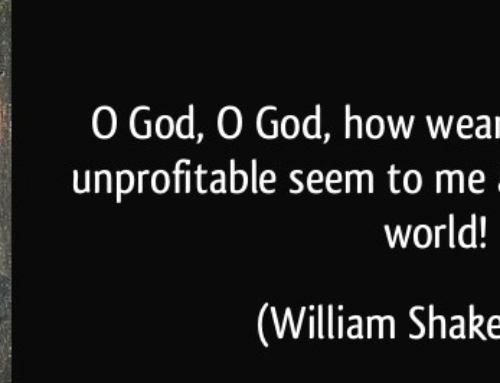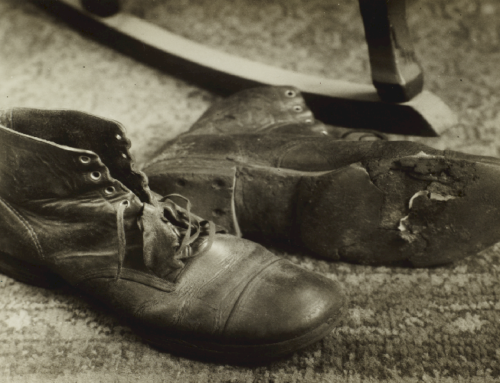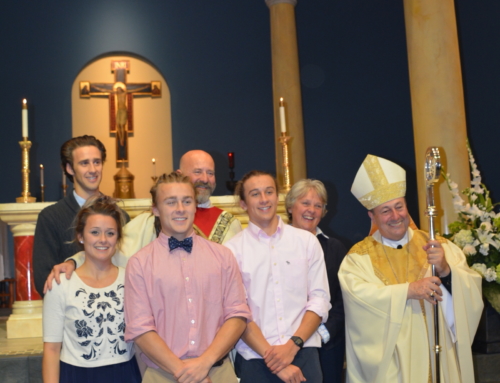Is Liberalism dead? Ross Douthat comments here on the Leadership Conference of Women Religious and the decline of liberal Christianity. It’s a speculative piece which highlights the chasm that now exists within all forms of liberal Christianity and historic Christianity. I’ve written on the subject a few months ago here. This divide yawns not only within the Catholic Church, but within most of the Protestant denominations as well.
It’s a divide between those who view Christianity as a human, historical construct which may (and must) adapt itself to the current trends within society, and those who believe the Christian religion is revealed by God for the salvation of the world through his Son Jesus Christ–and that this is an eternal and immutable gospel which only changes and adapts in minor and superficial ways.
In many ways the term ‘Liberal’ is a misnomer, for what we call ‘Liberalism’ is really better termed ‘Progressivism’ or ‘modernism’. These terms are more precise because the belief in the beatitude of progress is at the heart of liberal religion and the classic term for this many headed heresy is ‘modernism’.
We should be clear, the problem with the Catholic sisters who are in revolt is that they are modernist. Too many of them have abandoned what we might call ‘the old, old story’–the story of mankind’s creation by a loving God, his fall from grace, the curse of original sin and the redemption of the world by Our Lord Jesus Christ. They’ve substituted social work, causes for justice and peace and now a wacky new age spirituality which many of them wish would take them ‘beyond Church and beyond Jesus’. Their keynote speaker was Barbara Marx Hubbard–a new age thinker who promotes ‘conscious evolution.’
I have commented before on this sickness within Christianity. There are many theories about what the ‘smoke of Satan’ in the church might be. I believe it is this: the insidious fumes of modernism–which dilutes the supernatural, doubts Sacred Scripture, denies the efficacy of the sacraments and denigrates the authority of Christ in his Church. The paradox of the present situation, as Douthat points out, is that the very agenda of liberal Christianity would not be possible without the ‘old, old story’.
The trendy sisters of today were grounded in the old time religion of supernatural and saving Catholicism. Their spirituality and understanding of the faith was rooted in the need for salvation, the forgiveness of sins and Christ’s saving work. They were brought up on a diet of prayer and humility and sacrifice and service that grew out of a traditional Christian religion.
Like other protesters they have departed from the old way, but without the old way they would have no way. Like Protestants who’s identity is caught up with the fact that they are NOT Catholic, the modernist sisters only seem to have an identity when they are in protest against the ‘old patriarchal Catholic Church.’ Their protest gives them purpose. Once that rebellious rage diminishes their identity diminishes, and if they have nothing to live for other than that protest movement how will they attract new vocations?
The irony is that they now work hard for the poor and to promote peace and justice, and they do so from a background of real Christianity. However, can they continue their work without that real Christianity? Can their good work with the poor and their advocacy for peace and justice stand without religion? Of course it can. That’s why young women quite rightly look at them and say, “If I want to be a social worker or a care giver or a school teacher I can do that without being a nun thank you very much.” What the modernist sisters have done therefore, is to put themselves out of a job.
That’s why other young women (like the Nashville Dominicans, the Sisters of the Renewal, Poor Clares and Sisters of Life) who want to follow Christ through a religious calling are donning traditional habits and learning how to pray again and are returning to full blown, unapologetic Catholicism. They are saying, “You can teach and do social work without the Catholic faith–but not for long. We want to be fully Catholic, fully professed sisters and fully involved in Christ’s work with the poor, the uneducated and the needy.
A few years ago the Vatican launched an investigation into the seminaries in the United States. Very quietly and efficiently the powers that be went through and asked questions, got answers and tried to clean things up. They tried to root out theological modernism and the endemic croneyism and the ‘pink mafia’. Now the seminaries are starting to fill up again. Maybe, just maybe the present purification of the women’s orders will eventually have the same effect.
If it does not, then the women’s orders that have gone the way of modernism will either die out or cease to be Catholic.




Leave A Comment
You must be logged in to post a comment.